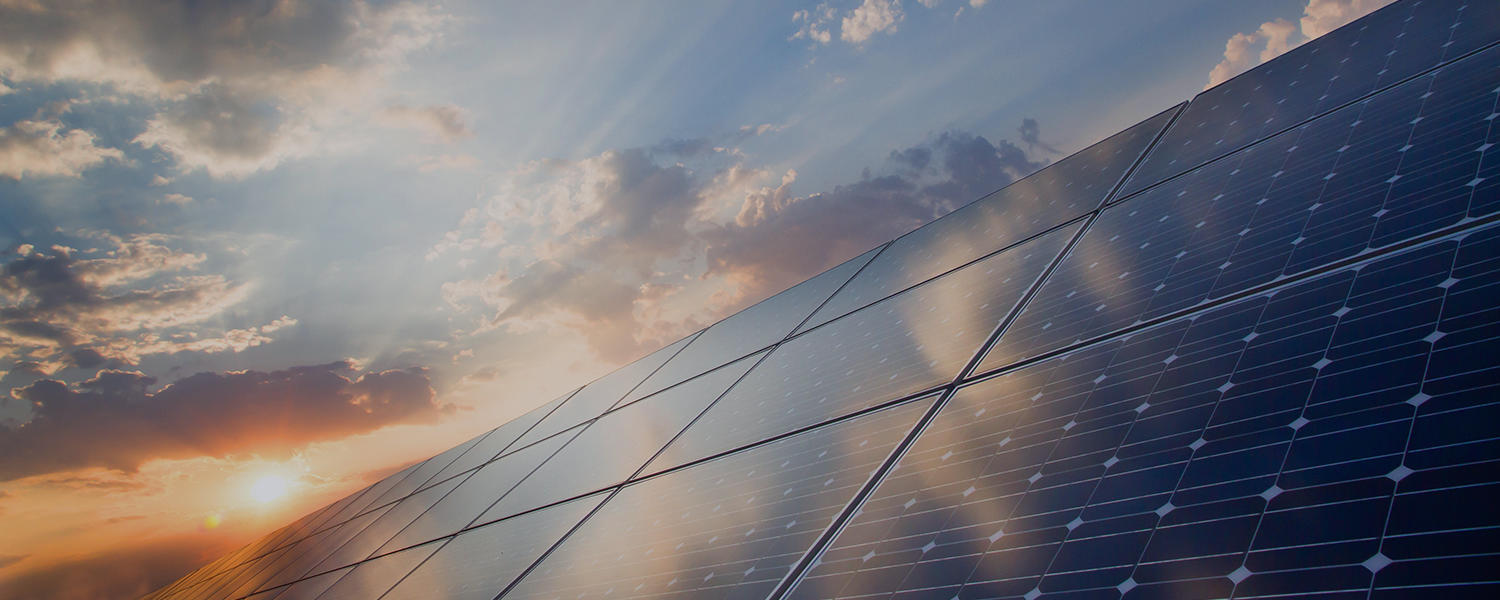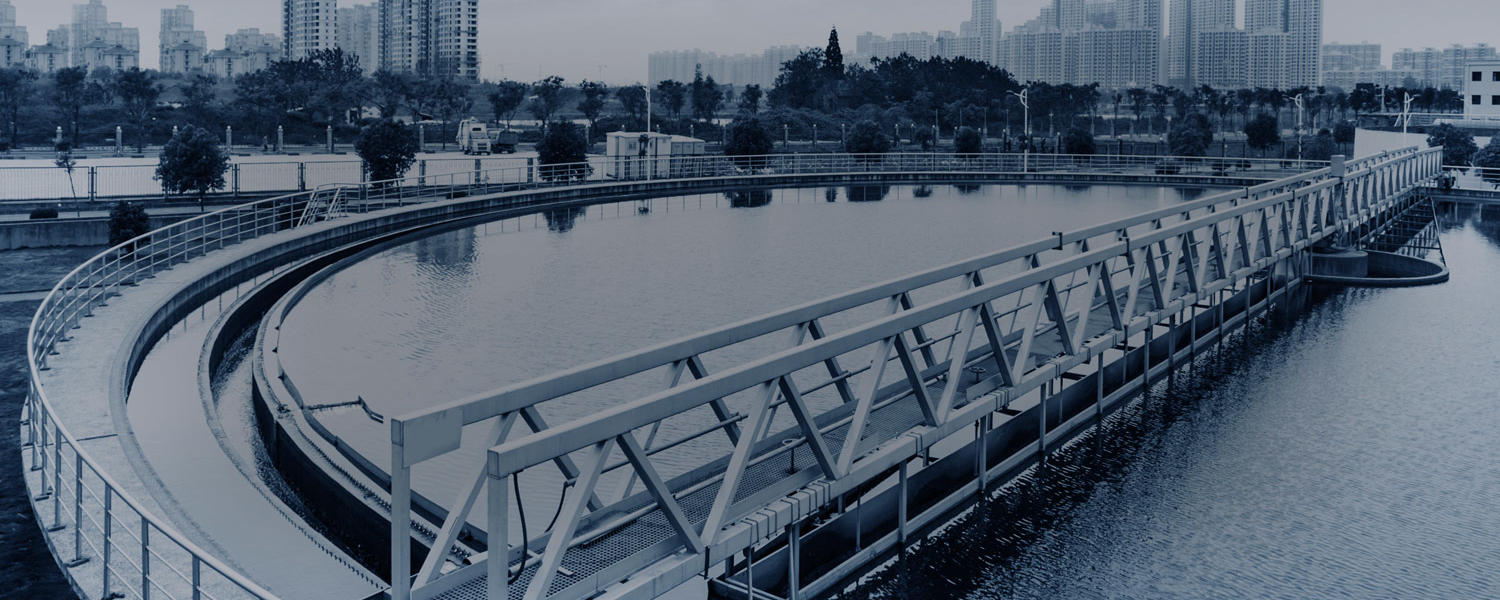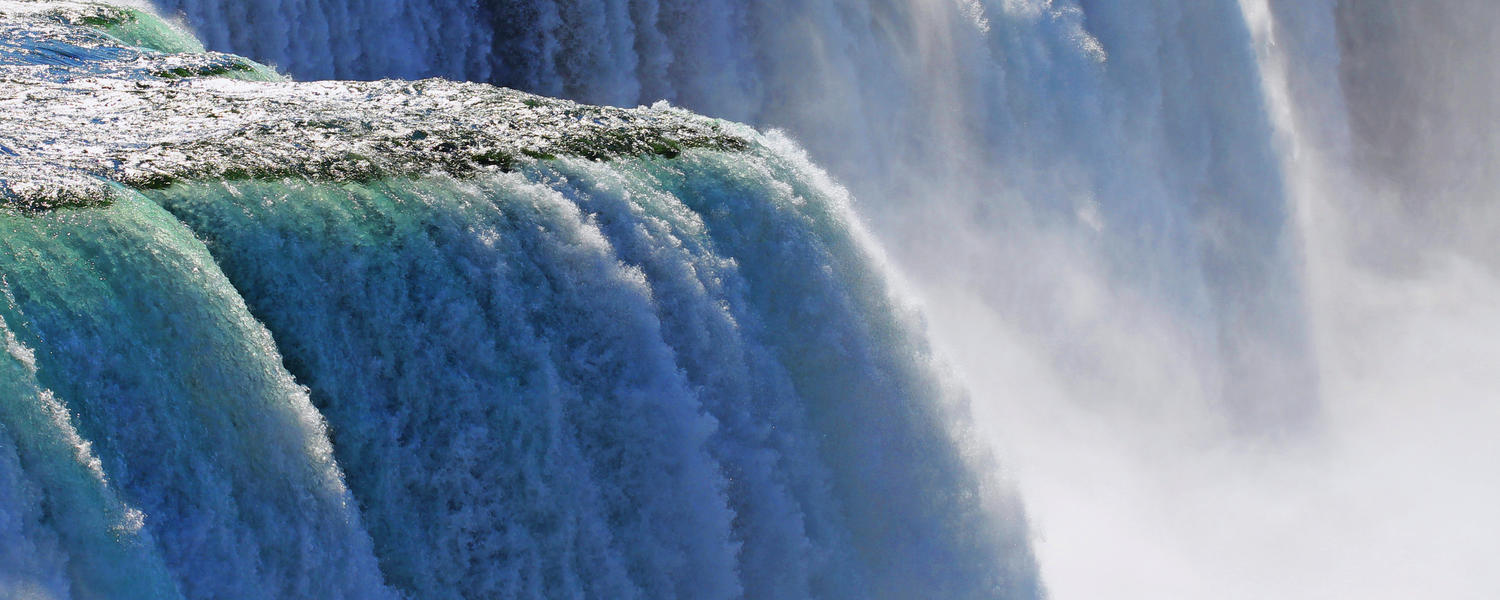
Energy and the environment
Explore the energy of tomorrow.
Can we power our lives sustainably?
What can we learn from the Arctic? Can we extract hydrocarbons more responsibly and efficiently? How do we protect our natural resources for future generations? These are the questions we explore in our quest to strike a balance between energy generation and environmental stewardship.
Articles for this theme
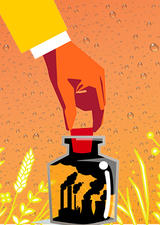
The future of carbon
How is cutting carbon like winning a world war?
During World War II, defeating the threat of enemy nuclear weapons required government, scientists and citizens to work together decisively on an unprecedented scale. Some scientists say climate change is a comparable threat, and comparable efforts are needed to overcome it.

Changes in the Arctic
Is the future of the world at the top of the world?
When we view how climate change affects the Arctic and the far north, we get a glimpse of what may be in store for the rest of the globe.

Acting on climate change
Who on Earth will pay for climate change?
Carbon pricing is a hot-button issue across the country, yet experts seem to agree that some form of levies or taxes is inevitable as the world moves toward climate action. The question then becomes what policies Canada can adopt in order to avoid being left behind on the global stage.

MOSAiC expedition
Drifting ship trapped in Arctic ice to explore climate change
An international consortium of scientists is planning a massive Arctic expedition to gather as much data as possible related to climate change in the region.
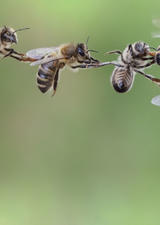
Evolving ecosystems
The biology of climate change
A changing climate has broad, often unexpected effects on the Earth’s vast biological systems. Some species can adapt, while others face extinction.
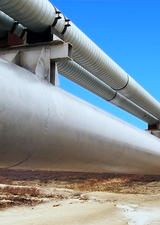
Regulating development
Energy, environment and the law
As energy development reaches more and more unconventional locations and we explore more ways to get product to market, it can be challenging for the law to keep up.

Energy innovations
Making more with less
As worldwide petroleum supplies dwindle, it's crucial to ensure we get the most out of the reserves that remain.

Arctic climate
Carbon and the North
The effects of climate change can be seen clearly in the Canadian Arctic, earlier and more intensely than in other places. What can we learn?
All media for this theme

Podcast — Why do we hate carbon taxes?
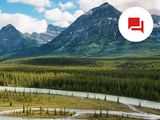
Webinar — Energy and the environment: Are our laws keeping up?

Video — How many batteries would it take to power the whole world?
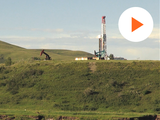
Video — Do the laws of the land actually protect the land?
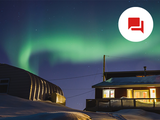
Webinar — Climate change in Canada's Arctic: Impacts on Inuit communities and marine ecosystems
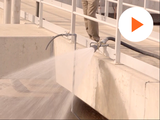
Video — Can wastewater be drinking water?
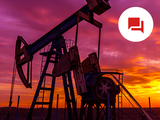
Webinar — Leaving carbon behind
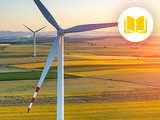
Ebook — Renewable energy: Understanding the basics
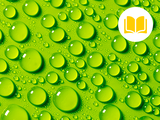
Ebook — Water: The importance of conservation and reuse
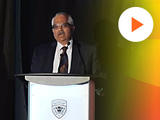
Video — Why is carbon pricing so unpopular?
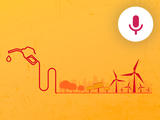
Podcast — Can oil be green?
Recommended stories for you
The roots of anxiety
Watch this webinar to find out what we know so far about the factors contributing to anxiety disorders and how advancing our understanding could help us predict who is at risk, as well as better target treatments for those already suffering.
Let food be thy medicine
A growing body of evidence indicates our current diets are unhealthy and a major cause of premature death and disability. Watch to learn more about the risks of poor diet, and how changes in nutrition policy could better support the health of all Canadians.
Thinning sea ice: New study shows Arctic estimates off
Long-held scientific estimates of Arctic sea ice thickness and the rate at which it’s declining have been off significantly, according to a newly published study led by the University of Calgary’s Cryosphere Climate Research Group.
The end of pipelines?
Ian Gates describes each pebble of bitumen as resembling a liquid-filled headache capsule and, for an Alberta struggling to build pipelines, this tiny package could spell pain relief indeed.
Studying 'wettability'
New technology developed by UCalgary geoscientists measures fluid-rock interactions on a microscopic level, which could improve extraction techniques in unconventional oil reservoirs.
Building a better emergency app
Painstaking analysis of nearly 70,000 tweets sent out by evacuees escaping the Fort McMurray wildfire shows key concerns in a crisis aren’t being answered by current smartphone emergency apps, leaving citizens in the dark at a time of mass panic.
How do microbes help clean up oil spills?
Genome Canada funds a collaborative research project to study the potential for bioremediation.
Tackling microbial-induced pipeline corrosion
A collaborative research project funded by the federal government aims to study pipeline degradation.
A safer, cheaper generation of consumer batteries
UCalgary researchers create a compound for a new type of organic, non-toxic battery.
Ancient groundwater is vulnerable: study
A UCalgary researcher shows that contrary to scientific belief, fossil groundwater is susceptible to modern contaminants.
Studying oil spill preparedness
UCalgary researchers look at the legal and regulatory frameworks that govern responses to oil spills in Canada's Arctic.
How hydraulic fracturing induces tremors
A UCalgary study could help mitigate risk and inform regulatory decisions related to fracking operations.
Shaking up geyser theory
New research suggests that carbon dioxide plays a much larger role in eruptions than previously thought.
Researchers working to expand rural hydro project in Ethiopia
Two Schulich researchers have their eyes set on bringing their small-scale power system to Ethiopia after success in providing electricity to a rural village in Nepal.
Water 'fingerprints' show how quickly rain and snowmelt flow into rivers
About one-third of the water flowing in global rivers is “young water” made up of rain and snowmelt that flowed into the river in less than three months.
Chemists reshape the future of solar power and battery efficiency
Imagine a world of solar clothes and solar-powered tents — Greg Welch's lab creates the molecular building blocks.

